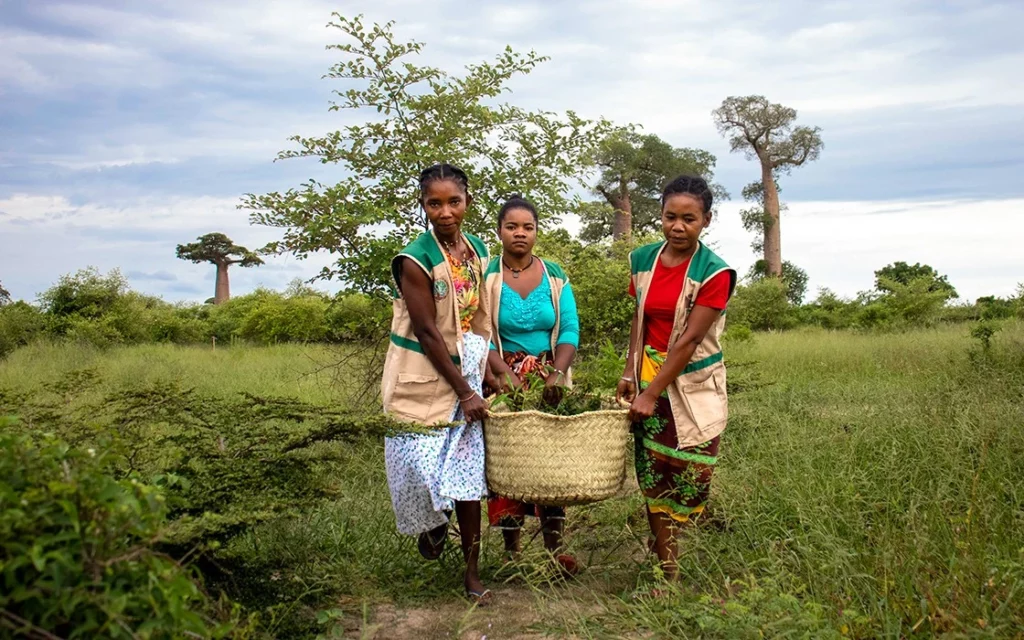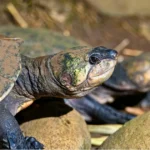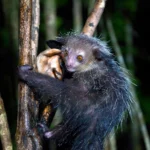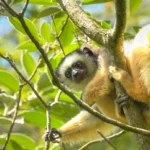Meet the women protecting the endangered forests of Madagascar
Women in the Menabe region of Madagascar are joining the growing national conservation movement. Traditionally, women have been excluded from conservation work, but that is starting to change.
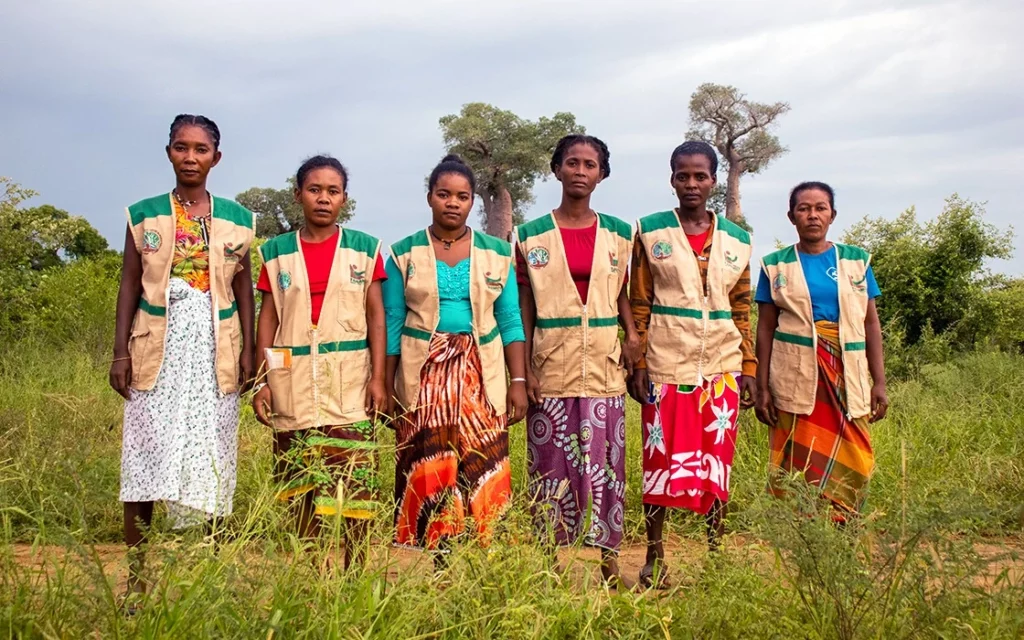
Menabe Antimena is a protected area that runs along the west coast of Madagascar, spanning landscapes of giant baobabs, salt-water mangroves, and expansive wetlands. This incredibly diverse area is home to some of the world’s most unique and threatened animals, including the Hawksbill turtle, Verreaux’s Sifaka, and Madame Berthe’s mouse lemur. With its primary feature being dry forests, Menabe Antimena has suffered significantly due to deforestation. 52% of Menabe forests were destroyed between 1985 and 2000, and this trend has continued to present-day, with 7% of the protected area being lost in 2017 alone.
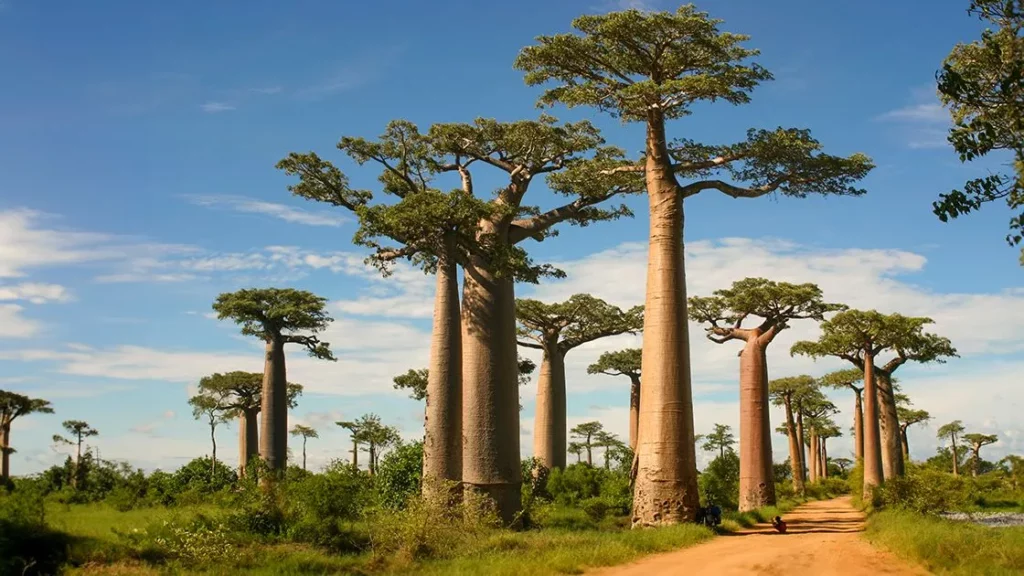
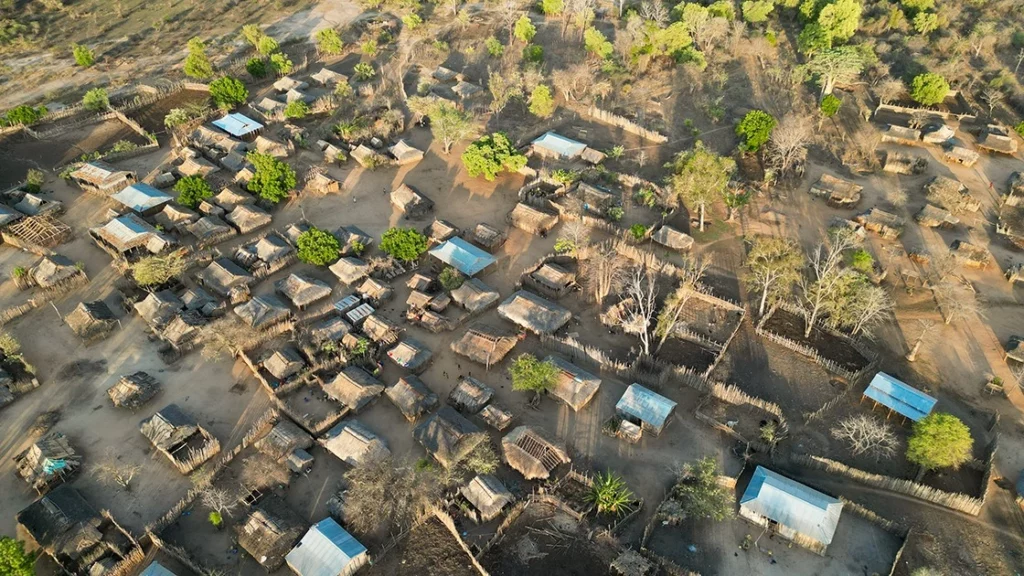
The main threat to Menabe Antimena today is deforestation caused by fires, which are further exacerbated by the extreme drought the country is facing. As Madagascar has one of the highest poverty rates in the world, the Malagasy people are in a desperate situation. Famine, drought, and a lack of economic opportunities force people to leave their homes in search of new agricultural areas. Through fire, people clear the forest cover to convert previously wild areas into corn and peanut plantations, which is having disastrous consequences for the wildlife of the island. Furthermore, corruption in the government is making matters worse. Government officials are reportedly selling natural resources taken illegally from the forests for their own profit. If these trends continue, it is possible Menabe Antimena will disappear entirely by 2050.
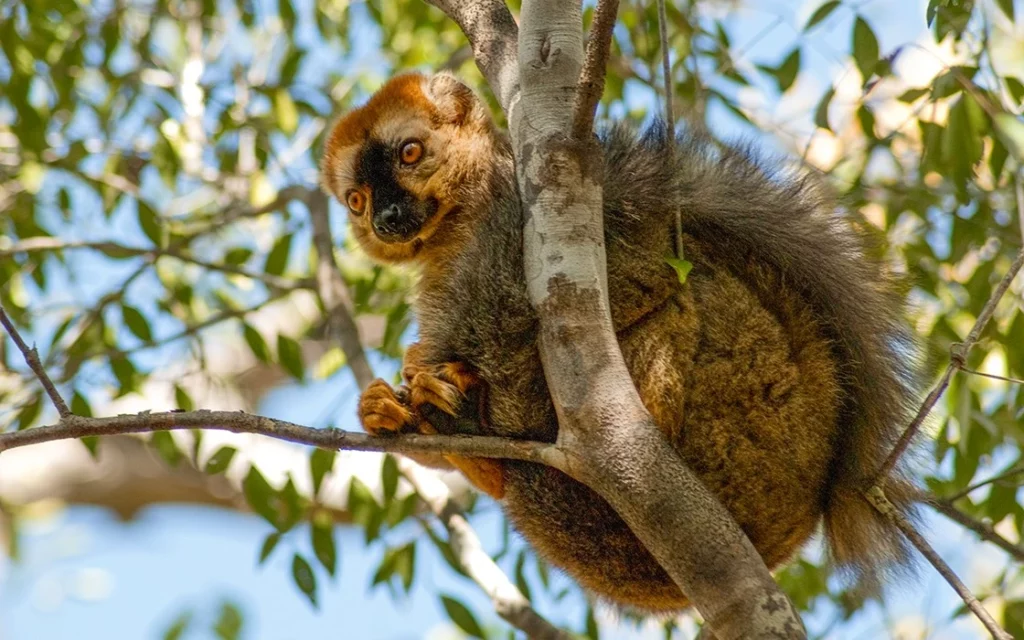
However, the increased conservation efforts that began in 2022 from a variety of groups in Madagascar is shining hope on this situation, making the preservation of Menabe Antimena seem more possible than ever before. Our Conservation Partner, Association Fanamby, is working closely with members of a local conservation group known as KMMFA (Komity Manokana Miaro ny Faritra Arovana, which translates to The Special Committee to Conserve Protected Areas). KMMFA members are locals with a deep understanding of the land and the cultures of the area. Traditionally, women have been excluded from conservation work in Madagascar, but KMMFA is unique in that many of its members are women. In recent years, we have begun to see more and more women of Madagascar participating in and leading critical conservation work, giving us increased hope for the future.
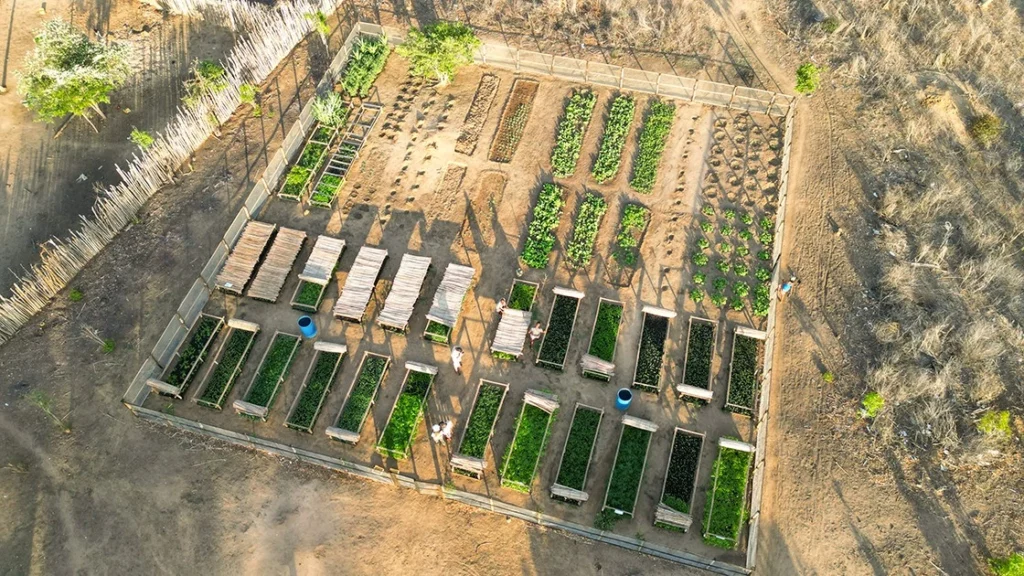
KMMFA members act as rangers of Menabe Antimena, patrolling the region and reporting illegal activities to Association Fanamby, who will then work alongside local authorities to take action. Increased patrols have been absolutely critical to improving the conservation strategy of this area. Since 2017, there have been no more fires in the area, largely due to the collaborative work of KMMFA and Fanamby. KMMFA members also help manage indigenous tree nurseries, where they care for thousands of seedling trees. They then plant the young trees around the protected area, beginning the restoration of the lost forests of Menabe Antimena.
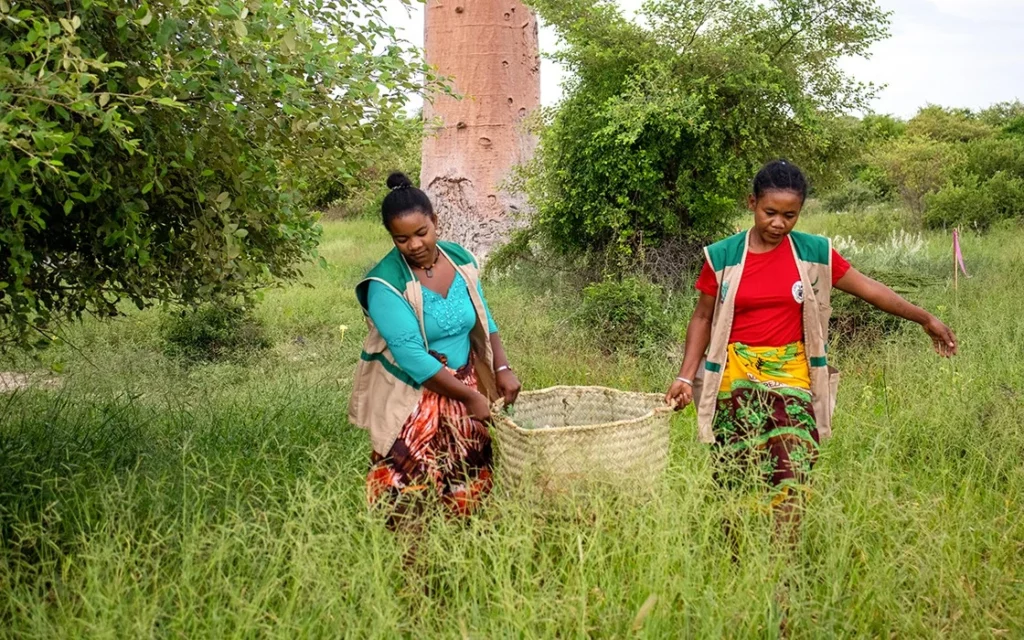
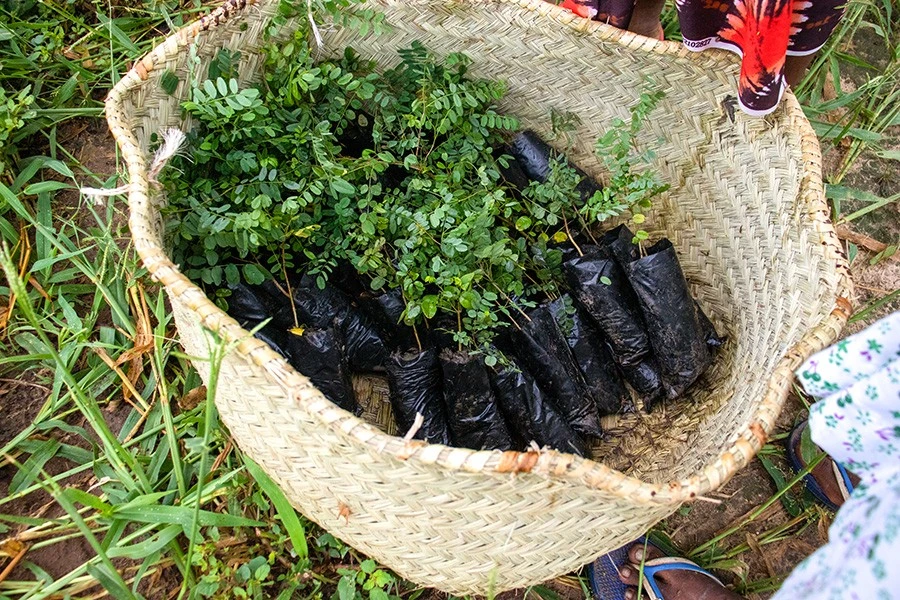
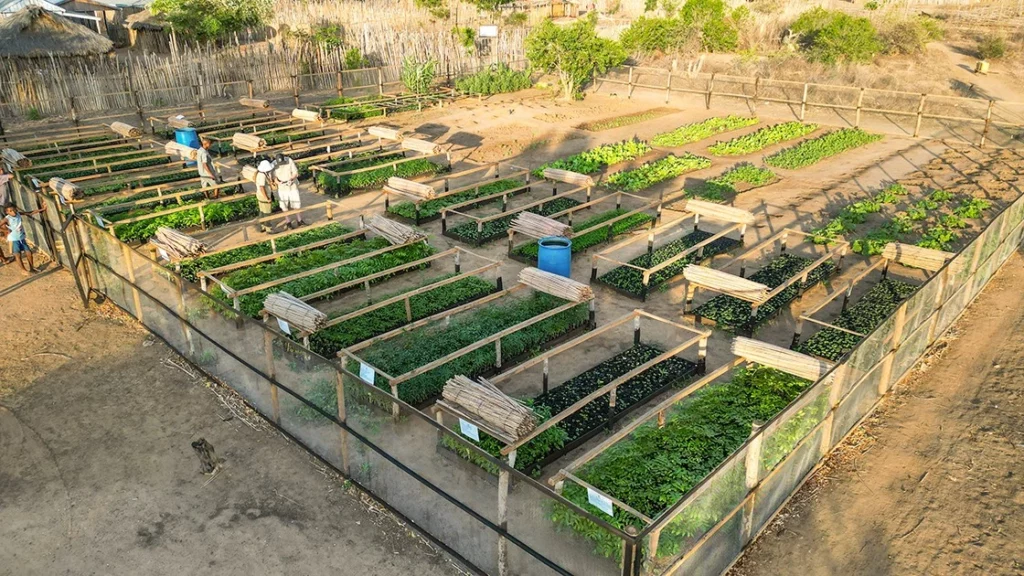
Several organizations, including Conservation Allies and our Madagascar Partners, as well as USAID Mikajy, are working to provide alternative, sustainable forms of income in Madagascar. This is an essential piece of the conservation puzzle, as without an alternative way to support themselves and their families, local people will be left will little other choice than to continue to destroy the last remaining wild habitats of Madagascar in search of food and income.
By combining reforestation efforts, regular patrols, increasing access to conservation technology, and sustainable development solutions, Menabe Antimena, and the wildlife that lives there, can still be saved. You can become a critical part of the safeguarding of this unique biodiversity hotspot, and together with our conservation partners in Madagascar, we will continue to fight for a bright future in Menabe Antimena.
